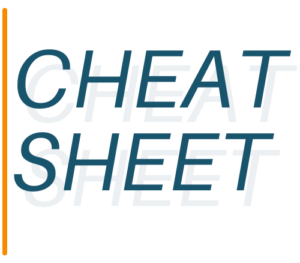
Cheat Sheet: Reporters Who Cover Funding News
Below are 23 reporters known to cover funding news. The idea behind this cheat sheet is to capture the core group. To do this, we sometimes had to include more than one reporter per publication.

Below are 23 reporters known to cover funding news. The idea behind this cheat sheet is to capture the core group. To do this, we sometimes had to include more than one reporter per publication.
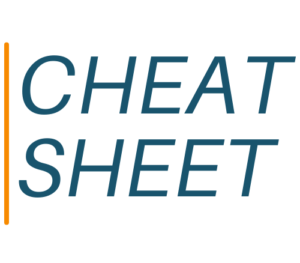
Truly a short list.

Here are 20 reporters who cover private equity as an industry or as part of their core beat. We omitted targets in which PE was a passing mention or incidental detail.

Can the Silicon Valley Bank meltdown now seem so long ago? Yet the true fallout has not yet begun. In our Mar. 21 SWMS Q&A, edited for length and clarity — TechCrunch+ EIC Alex Wilhelm gives us a generous glimpse of what it was like to work at TechCrunch that day.
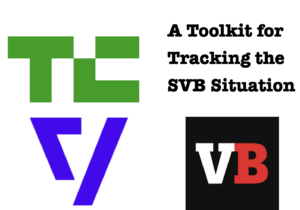
Here’s a toolkit designed to help SWMS readers monitor the unfolding Silicon Valley Bank situation from a tech media point of view.

This is better put as a list of events for entrepreneurs, some of whom want venture capital while others prefer to bootstrap.

Here’s a list of 15 targets well-suited for VC-based news with a Boston-based news hook. Most targets follow VC and startups as a beat. In other cases, the target’s interest will depend on the company and technology.
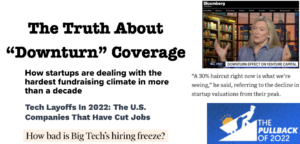
We’ve all read about the layoffs, hiring freezes and down rounds. Calendar-year budgeting for 2023 starts soon. Is the tech business in trouble? What can we expect for tech coverage in the weeks and months ahead?
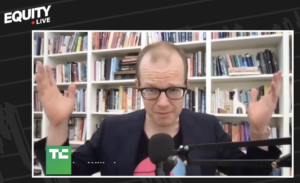
TechCrunch’s Equity podcast turns five years old this week. If you haven’t listened lately, consider it. It’s “a podcast about the business of startups, where we unpack the numbers and nuance behind the headlines.”

Forbes senior reporter Kenrick Cai chases Series A funding and spotlights fast-rising startups. Upon graduation from Duke University in June 2019, Kenrick joined Forbes as an intern and worked his way up.
YOUR ACCOUNT
FRIDGE NOTES
… and it has no problem disclosing how. Reporters still run the joint, but they are getting AI assistance.
The Atlantic’s Karen Hao, in conjunction with the Pulitzer Center, is designing a course in AI for journalists. Classes begin next month. Details here. Might be something to alert your friendlies about. Karen hopes to help train 1,000 journalists in AI over the next two years.
Joshua Topolsky‘s edit project for Robinhood is optimized for mobile but you can peruse it here. The design seems crazy. Context from Axios’s Sara Fischer here.
‘The Prompt” is not out yet, but you can sign up for it here.
That’s the strategy as expressed to NYT’s Katie Robertson by Axios CEO Jim VandeHei. First up: Eleanor Hawkins, Sara Fischer and Dan Primack.
Forbes’s reputation is taking a hit because of the ad scandal unearthed this month by the WSJ. Some advertisers have stopped spending with Forbes, at least temporarily. Here’s the latest from Digiday [subscription required].